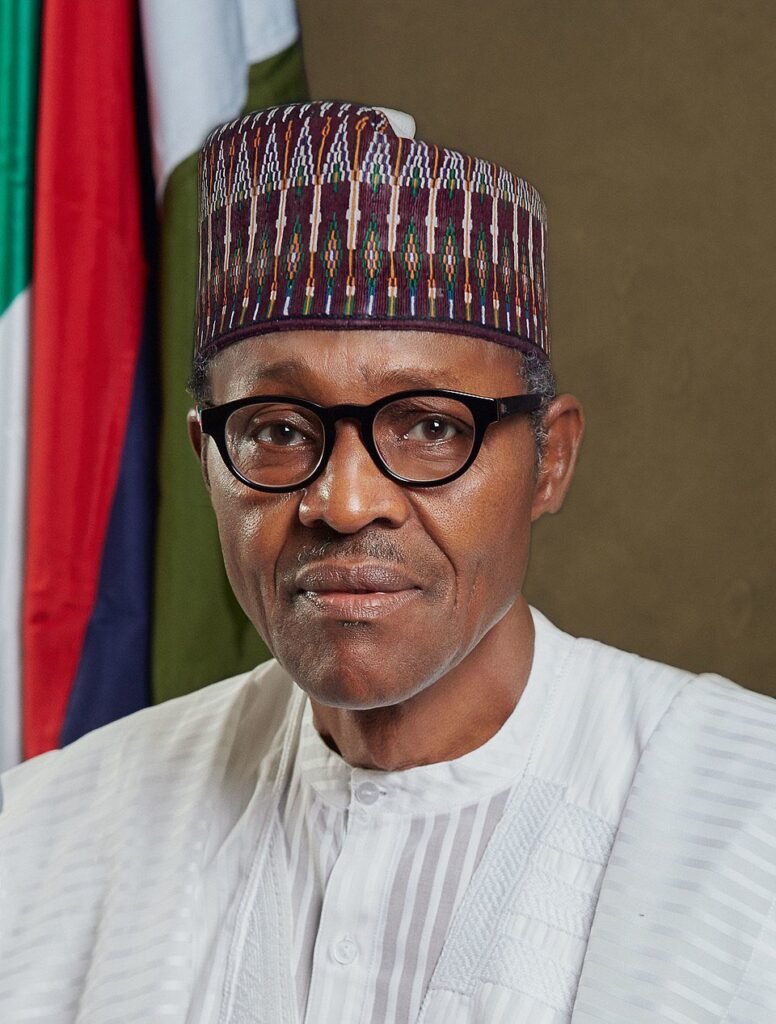Former Nigerian President, Muhammadu Buhari, Dies at 82

Nigeria is in mourning following the confirmed death of former President Muhammadu Buhari, who passed away in London at the age of 82. The announcement came on the evening of Saturday, July 13, 2025, from presidential spokesperson Garba Shehu, stating that Buhari died at approximately 4:30 p.m. GMT in a private clinic after a prolonged illness.
The presidency, led by current President Bola Ahmed Tinubu, has declared a national period of mourning.
The Final Hours
According to reports, Buhari had been battling a long-term illness, which some sources suggest was leukemia, although official confirmation on the cause of death has not been made public. He had quietly traveled to London weeks earlier for medical attention, a familiar pattern during his presidency, but few anticipated that the end was near.
Vice President Kashim Shettima has been directed by President Tinubu to travel to London to oversee arrangements for repatriating Buhari’s remains to Nigeria. State burial plans are reportedly underway.
A Life of Service: Military General, Coup Leader, President
Muhammadu Buhari’s life reads like a history of Nigeria itself. Born on December 17, 1942, in Daura, Katsina State, he rose through the military ranks and became one of the country’s most recognizable and polarizing figures.
- In 1983, he emerged as Head of State after a military coup ousted the civilian government of President Shehu Shagari. He ruled with a strong hand, advocating discipline and a fierce anti-corruption stance, though often criticized for human rights violations.
- In 2015, after three failed attempts, Buhari made a political comeback as the democratically elected president, defeating incumbent Goodluck Jonathan. This historic victory marked the first time an opposition candidate unseated a sitting president in Nigeria’s democratic history.
- He served two terms (2015–2023) as Nigeria’s civilian president under the All Progressives Congress (APC).
Mixed Legacy
Buhari’s time in office was marked by both admiration and discontent. His “war against corruption” was a central pillar of his campaign and administration, with efforts such as the TSA (Treasury Single Account) and NFIU (Nigerian Financial Intelligence Unit) strengthening anti-graft processes.
However, his government also faced major criticism:
- Insecurity worsened, with Boko Haram, bandits, and kidnappers terrorizing parts of the country.
- Economic hardship deepened, including two recessions, high inflation, and a weakened naira.
- Many Nigerians grew disillusioned with what they saw as an administration lacking transparency and energy, particularly during Buhari’s frequent and extended medical leaves abroad.
His aloof leadership style earned him the nickname “Baba Go Slow,” yet others saw him as a symbol of integrity, modesty, and anti-establishment values.
National Reactions
The announcement of Buhari’s death has triggered a wave of mixed reactions across the country.
- President Bola Tinubu described him as “a patriot, a disciplined leader, and a symbol of resilience.”
- Former Vice President Yemi Osinbajo called him “a man of few words but deep convictions.”
- Social media, on the other hand, reflected divided sentiments: while some Nigerians expressed sorrow and gratitude for his service, others voiced frustration over unfulfilled promises and policies that contributed to hardship.
Across the northern region, especially in Katsina State, tributes have poured in, with many planning prayer gatherings and processions in honor of their son.
What Comes Next?
With a national mourning period declared, preparations for a state funeral are expected to commence immediately. Security and protocol arrangements are reportedly being handled by the Office of the National Security Adviser (ONSA), while the Ministry of Foreign Affairs is working with British authorities to return the late leader’s body.
His burial is expected to take place in Daura, where he always insisted he would like to be laid to rest beside his mother.
Final Thoughts
Muhammadu Buhari’s passing marks the end of an era. Whether remembered as a principled anti-corruption warrior or as a leader who couldn’t deliver on the weight of his promises, his place in Nigeria’s history is undeniable.
He was a soldier, a president, and to many, a symbol of both hope and disappointment. As Nigerians reflect on his legacy, one thing is clear: Buhari’s life and death will shape political conversations for years to come.
If you enjoyed this article, click here to read more informative posts, also check us out on Instagram for fun and engaging content.
Disclaimer: The opinions, views, and information expressed in this article are those of the author and do not necessarily reflect the official policy, position, or views of iNaijanow. The company assumes no liability for any errors, omissions, or damages arising from the use of this information.
















